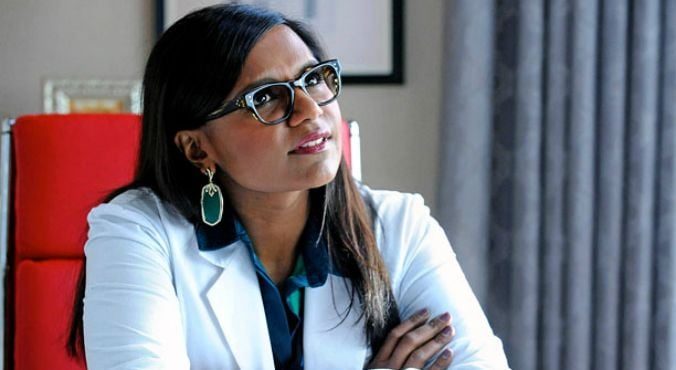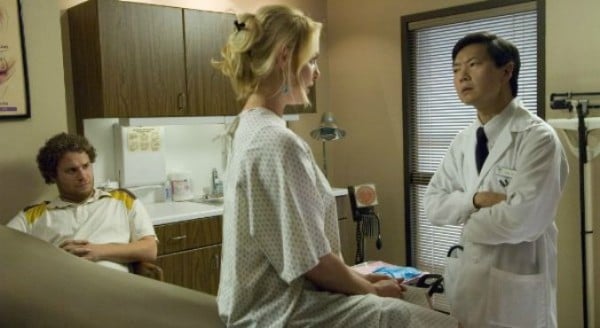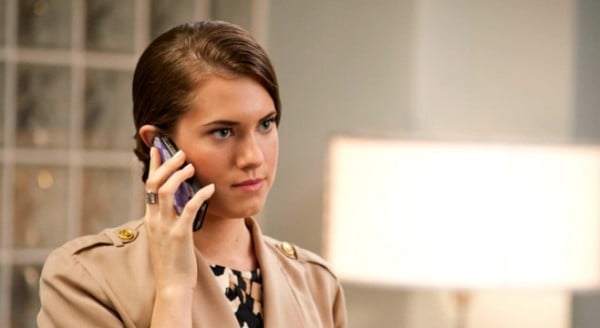
Image: We wonder if OB/GYN Dr Mindy Lahiri would agree with these. (via The Mindy Project).
As patients, there are a number of services and qualities we expect from our gynaecologists. We want them to be good listeners, sensitive to our needs, and reasonable in their advice.
However, a medical appointment isn’t a one-way street. You mightn’t realise it, but there are some things patients do during checkups or procedures that concern, confuse or even frustrate their doctor — and make their job just that little bit more challenging. Here are some of the most common ones:
1. Withholding important information
“It can be quite frustrating to spend a lot of time with somebody trying to solve a problem for them, then making a suggestion only to have somebody say, ‘Well another doctor tried that and it didn’t work!’ or, ‘Oh, I had that test done and it was normal…’ when they could have let you know about it earlier,” says Dr Stephen Robson, Vice-President of The Royal Australian and New Zealand College of Obstetricians and Gynaecologists (RANZCOG).
RELATED: Heading to the doctor? Here are the services you should expect.
“Maybe it’s not conscious, but making a plan for somebody, only to have them suddenly pull old letters from previous doctors out of their handbag, is really a pain. People need to open up completely in the first instance.”
2. Not engaging in the decision-making progress

